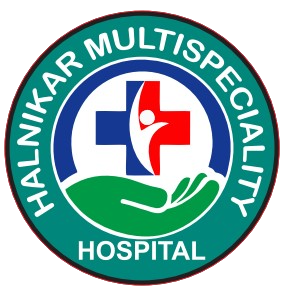chronic abdominal surgery
Chronic Abdominal Surgery
Chronic abdominal surgery refers to a series of surgical interventions performed on the abdomen to address persistent or recurring conditions. These surgeries are typically conducted to treat chronic diseases, complications from previous surgeries, or conditions that require ongoing management. The term encompasses various procedures, such as resections, repairs, or revisions, tailored to the specific needs of the patient. Examples include surgeries for inflammatory bowel diseases, chronic abdominal pain, or complications arising from previous abdominal surgeries. The decision for chronic abdominal surgery is often made after careful consideration of the patient’s medical history, diagnostic tests, and the need for long-term resolution or management of the underlying condition. The surgical approach can range from traditional open surgery to minimally invasive techniques, depending on the nature and complexity of the case. Postoperative care and follow-up are crucial components of chronic abdominal surgery to ensure optimal recovery and address any potential complications.
Frequently Asked Questions:
It is recommended when chronic diseases, complications from previous surgeries, or conditions requiring long-term resolution exist. Common cases include inflammatory bowel diseases, chronic abdominal pain, or complications from previous abdominal surgeries.
Procedures can include resections, repairs, or revisions tailored to the specific needs of the patient. Examples include surgeries for inflammatory bowel diseases, chronic abdominal pain, or complications from previous abdominal surgeries.
The decision is made after careful consideration of the patient’s medical history, diagnostic tests, and the need for long-term resolution or management of the underlying condition.
The surgical approach can vary, ranging from traditional open surgery to minimally invasive techniques, depending on the nature and complexity of the case.
Postoperative care is crucial for optimal recovery. Patients will be closely monitored, and follow-up appointments will be scheduled to address any potential complications and ensure a smooth recovery process.
As with any surgery, there are risks, including infection, bleeding, or adverse reactions to anesthesia. The specific risks depend on the nature of the procedure and the patient’s overall health.

